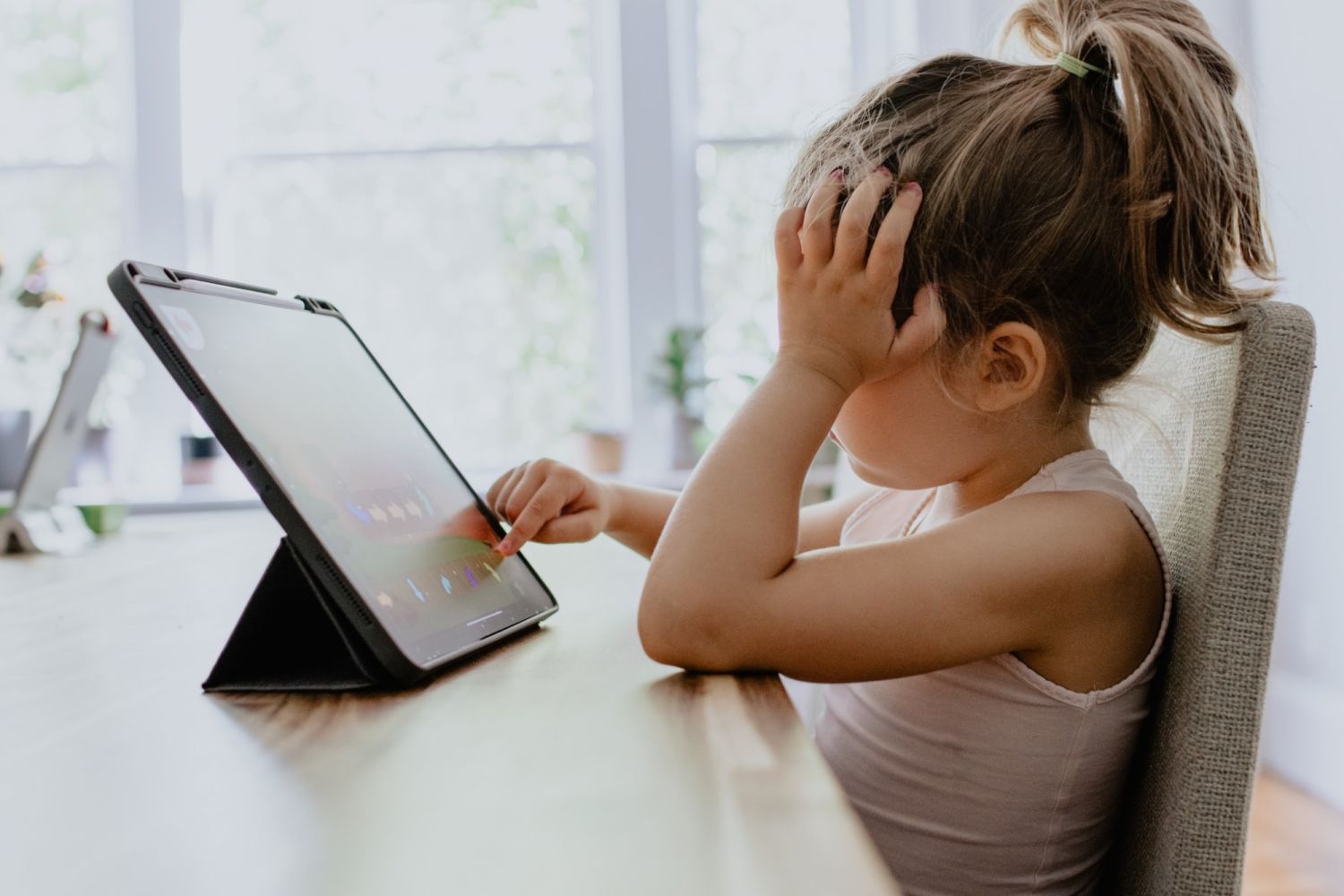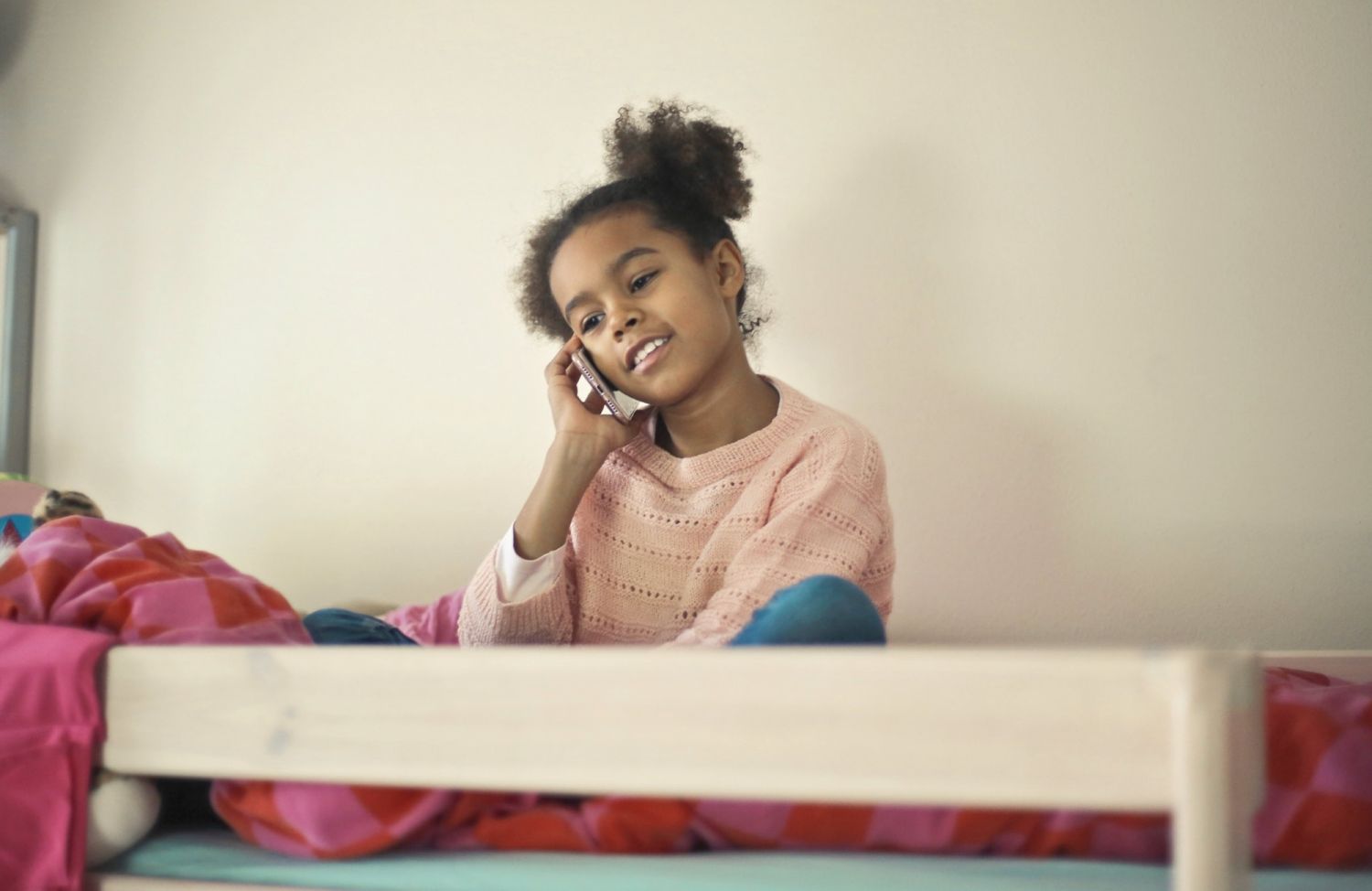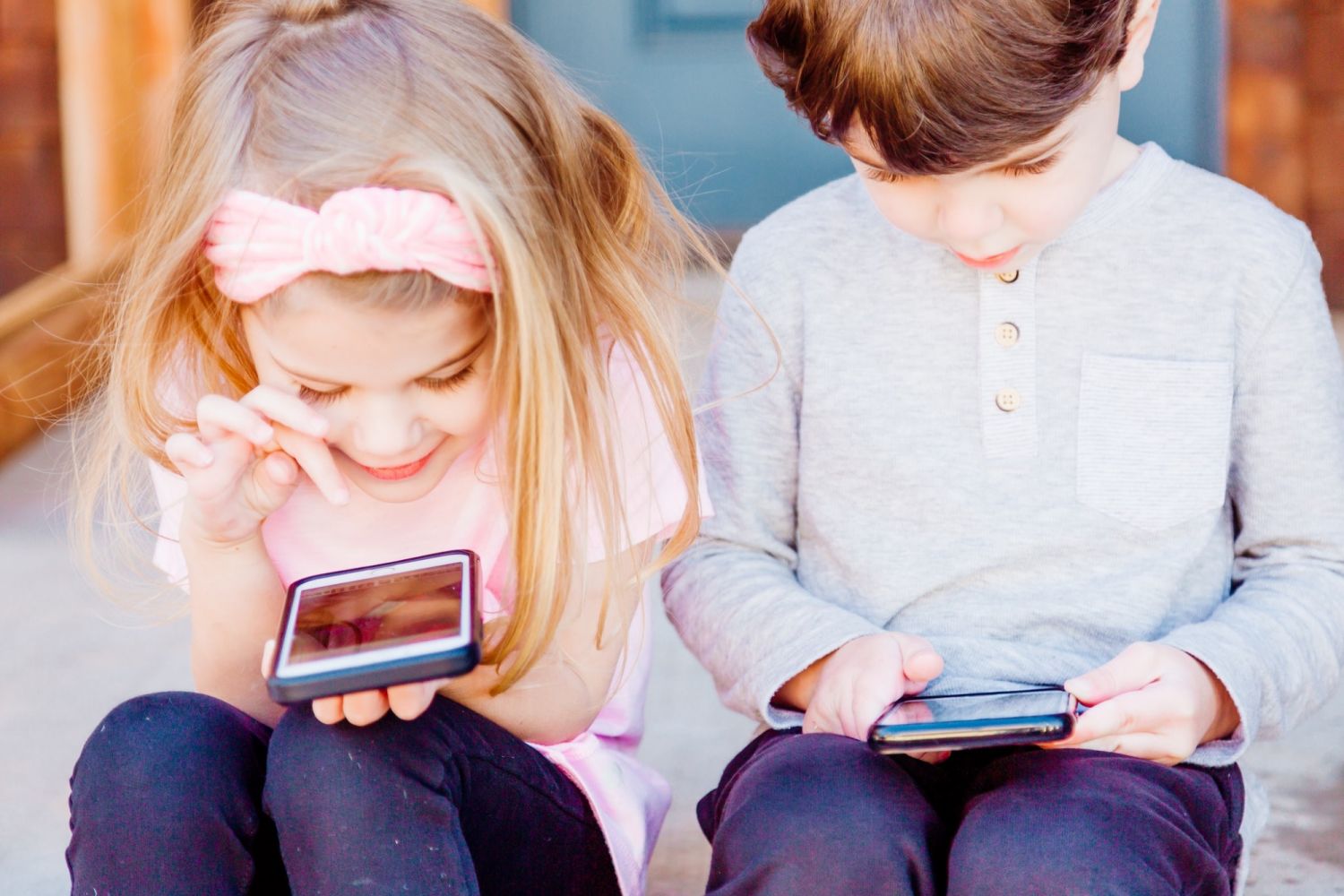For better or worse, it’s not uncommon for children to own a phone. A life coach shares how her kid learned to live without it
I often think about my childhood, which was free of phones, devices and the uncontrollable urge that today’s kids have to be connected. I was definitely not a savvy kid, and even as an adult, navigating Netflix, HBO and Disney Plus is embarrassingly challenging. I don’t like keeping up with technology and particularly detest Google Home and Alexa, which feel like an utter intrusion into my life. My home is, unsurprisingly, quite gadget-free, and I like it. But I do feel like I am at a crossroads when it comes to the significant role technology plays in the future for my children. A part of me believes that the rest of the world can code and design apps, so my kids can be creative in other ways. Or am I holding them back?
For my daughter Lara, her 12th birthday was a highly anticipated one: it was when she would receive her first phone. She couldn’t wait to be connected to her friends and feel like a real pre-teen. Over the years, she had some issues with her iPad where she would exceed her screentime limit or hide the device under her bed; that was followed by the typical consequences of having her usage of the device restricted. Lara was one of the last in her group of friends to get her own phone, so she couldn’t wait for December to roll around.
Read more: 13 Expert Tips on Managing Screen Time for Your Kids This Pandemic Season

As we got closer to her birthday, I started to see a shift in her. She began to notice the disadvantages of having a phone: she observed how her friends wasted so much time chatting on irrelevant group chats, or how she felt left out of a sleepover where everyone was glued to the phone watching YouTube. She watched her friends get into trouble for using WhatsApp in class and discovered how other young girls posed in the bathroom for Snapchat. She didn’t want that.
She wanted to paint, tell stories, chat, and be creative, but it was hard when your peers were all plugged into a gadget. But Lara also felt FOMO (aka fear of missing out) when she didn’t know the inside jokes that were circulating on WhatsApp, and again ached for the day she would turn 12. Still, she worried what would happen if she got a phone and was torn between really wanting the phone and really not wanting it.

